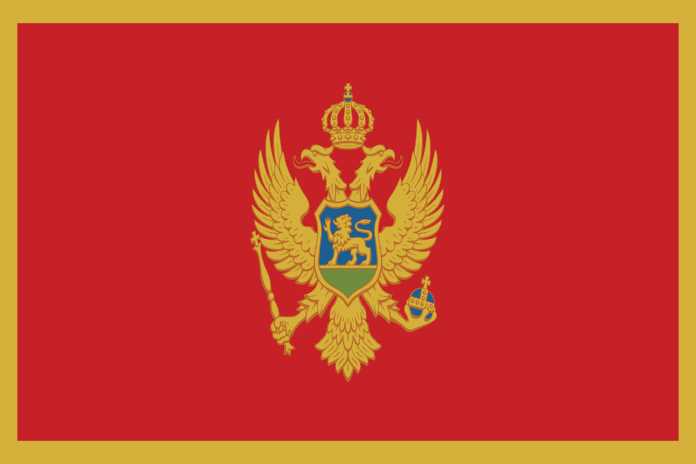From Italy to Albania and Back: A Migrant’s Experience in Italy’s Asylum Landscape
Back in his small village in Bangladesh’s Madaripur district, Nizam’s parents anxiously awaited news of their son.
His mother and one of his three sisters had taught him to read, but instead of attending school, Nizam worked to support the family. On social media, he portrayed a playboy lifestyle, sharing videos of himself in sunglasses and on borrowed superbikes, complete with stylishly cropped hair. However, his reality was much harsher. With his elderly father unable to work, Nizam became the sole breadwinner.
“Our family is very poor,” he stated. “I have to work.”
Desperate to help, his parents managed to gather money to pay a trafficker known in their village, selling a small plot of land and going into debt.
After being smuggled through India, Sri Lanka, Kuwait, and Egypt, Nizam finally reached Libya—first Benghazi, then the capital, Tripoli—where he fell into the hands of the mafia. They confiscated his passport and imprisoned him for three days, documenting the torture via video, which was sent to his family along with ransom demands.
Nizam was liberated after his parents paid part of the ransom.
Nizam couldn’t swim, and the boat was overcrowded, leaving him certain he would perish. Yet as they neared the Italian island of Lampedusa, one of Europe’s major landing sites for asylum seekers, he clung to the hope that the worst was over.
He was mistaken. Over 300 migrants were intercepted by Italian authorities in late January after departing from Libyan ports, and Nizam was among them. He was transferred to a naval vessel located 20 miles off Lampedusa, where he was screened for health, age, and nationality.
Forty-nine, including Nizam, were informed they would be sent to migrant camps in Albania, as part of a fast-track asylum processing agreement between Rome and Tirana that was initiated late last year.
This scheme has been praised by the European Commission as a potential model for the EU to reduce the influx of refugees and migrants; however, critics argue it is inhumane and contravenes international humanitarian law.
In Albania, Nizam and the other migrants endured a taxing week, being moved between two centers in Shengjin and Gjader while completing paperwork and going through health checks, interviews, and court proceedings. Six deemed minors or vulnerable were relocated to Italy. The remaining 43, including Nizam, filed asylum applications, which were swiftly rejected, anticipating their deportation.
Before that could occur, however, an Italian court intervened, ruling for the third time that the migrants could not be legally detained in Albania. Along with the other migrants, Nizam was subsequently moved to a reception center in Bari, Italy, where he waits for the outcome of his asylum appeal.
Italy’s right-wing Prime Minister, Giorgia Meloni, has pledged not to be obstructed by the courts. In September, she welcomed British Prime Minister Keir Starmer, interested in learning about the initiative after declaring a previous UK plan to send migrants to Rwanda “dead and buried.” The following month, European Commission President Ursula von der Leyen, who supports the creation of repatriation hubs outside the bloc, encouraged member states to draw “lessons from the Italy-Albania protocol.”
This plan appeared particularly timely when, on March 11, the European Commission released a proposed legal framework enabling EU member states to establish repatriation centers outside the bloc. Prompted by anti-migration governments, the regulation aims to replace a 2008 directive, allowing “return hubs” in third countries that adhere to “international human rights standards and principles,” according to a draft document.
These proposed hubs would cater exclusively to failed asylum seekers, differing from the Italy-Albania agreement, which includes offshore processing of asylum requests.
For individuals like Nizam, however, critics claim the Italian initiative unnecessarily prolongs an already traumatic journey.
“It is a propaganda experiment aimed at making people suffer,” stated Rachele Scarpa, an MP from Italy’s opposition Democratic Party. “The essential rights of unfortunate people are being minimized.”
Silvia Calderoni, a lawyer representing Nizam and three other migrants relocated with him, declined interview requests, emphasizing her clients need psychological support before speaking publicly. This account of Nizam’s ordeal is based on court documents and interview transcripts obtained by BIRN.
Court battles


